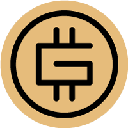-
 Bitcoin
Bitcoin
$94,377.4770
-1.89% -
 Ethereum
Ethereum
$3,341.9519
-1.35% -
 Tether USDt
Tether USDt
$0.9983
-0.03% -
 XRP
XRP
$2.1698
-0.56% -
 BNB
BNB
$697.8501
-0.22% -
 Solana
Solana
$186.2881
-2.02% -
 Dogecoin
Dogecoin
$0.3174
-0.06% -
 USDC
USDC
$1.0000
0.01% -
 Cardano
Cardano
$0.8732
-0.59% -
 TRON
TRON
$0.2584
0.19% -
 Avalanche
Avalanche
$36.7539
-3.09% -
 Toncoin
Toncoin
$5.6819
-1.35% -
 Chainlink
Chainlink
$21.2751
-7.57% -
 Shiba Inu
Shiba Inu
$0.0000
-0.78% -
 Sui
Sui
$4.0404
-6.03% -
 Bitget Token
Bitget Token
$8.0872
13.27% -
 Stellar
Stellar
$0.3491
-2.67% -
 Polkadot
Polkadot
$6.8614
-3.12% -
 Hedera
Hedera
$0.2733
-4.69% -
 Bitcoin Cash
Bitcoin Cash
$441.5893
-1.39% -
 Hyperliquid
Hyperliquid
$26.1533
-1.45% -
 UNUS SED LEO
UNUS SED LEO
$9.2769
0.75% -
 Uniswap
Uniswap
$13.1662
-4.18% -
 Pepe
Pepe
$0.0000
2.46% -
 Litecoin
Litecoin
$99.7980
-4.25% -
 NEAR Protocol
NEAR Protocol
$5.1690
-0.05% -
 Ethena USDe
Ethena USDe
$0.9973
-0.07% -
 Dai
Dai
$1.0000
0.02% -
 Aptos
Aptos
$8.7799
-3.22% -
 Internet Computer
Internet Computer
$10.2119
-2.93%
How to sell SOL coins? What are the methods of selling SOL coins?
Selling SOL coins can be done through various methods, such as cryptocurrency exchanges, OTC trading, cryptocurrency ATMs, or peer-to-peer exchanges, each offering different advantages and conveniences.
Oct 05, 2024 at 10:06 pm
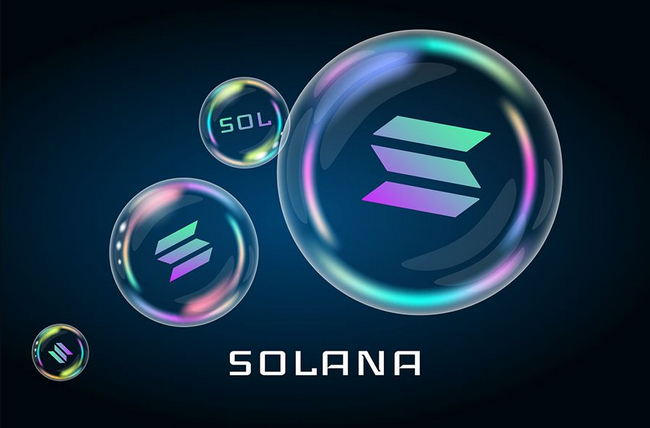
How to Sell SOL Coins
Solana (SOL) is a popular cryptocurrency that has gained significant traction in the past few years. If you're looking to sell your SOL coins, there are a few different methods you can use.
1. Sell SOL on a Cryptocurrency Exchange
One of the most common ways to sell SOL is through a cryptocurrency exchange. This is a platform that allows you to buy and sell cryptocurrencies with other users.
To sell SOL on a cryptocurrency exchange, you'll need to create an account and deposit your SOL coins. Once your account is funded, you can place a sell order for your SOL coins. The order will be filled when another user agrees to buy your coins at the price you set.
Some popular cryptocurrency exchanges include:
- Binance
- Coinbase
- Kraken
- Gemini
- FTX
2. Sell SOL Over-the-Counter (OTC)
Over-the-counter (OTC) trading is another option for selling SOL coins. This involves selling your coins directly to another person or company, rather than going through a cryptocurrency exchange.
OTC trading can be more convenient than selling on an exchange, as you can negotiate the price and terms of the trade directly with the other party. However, it's important to be aware of the risks involved in OTC trading, such as the potential for fraud or theft.
To find OTC buyers for your SOL coins, you can post a listing on a marketplace or forum. You can also reach out to OTC trading desks, which are companies that specialize in facilitating OTC trades.
3. Use a Cryptocurrency ATM
Cryptocurrency ATMs are another option for selling SOL coins. These ATMs allow you to buy and sell cryptocurrencies with cash or a debit card.
To use a cryptocurrency ATM to sell SOL coins, you'll need to find an ATM that supports SOL. Once you've found an ATM, you'll need to create an account and deposit your SOL coins. You can then sell your SOL coins for cash or a debit card.
4. Use a Peer-to-Peer (P2P) Exchange
Peer-to-peer (P2P) exchanges are another option for selling SOL coins. These platforms allow you to buy and sell cryptocurrencies directly with other users, without going through a third-party.
To use a P2P exchange to sell SOL coins, you'll need to create an account and post a listing for your coins. You can then negotiate the price and terms of the trade directly with the other party.
Some popular P2P exchanges include:
- LocalBitcoins
- Paxful
- Binance P2P
- Huobi P2P
Conclusion
There are several different methods you can use to sell SOL coins. The best method for you will depend on your specific needs and preferences. If you're looking for a fast and convenient option, selling on a cryptocurrency exchange may be a good choice. If you're looking for more flexibility and control, OTC trading or using a P2P exchange may be better options.
Disclaimer:info@kdj.com
The information provided is not trading advice. kdj.com does not assume any responsibility for any investments made based on the information provided in this article. Cryptocurrencies are highly volatile and it is highly recommended that you invest with caution after thorough research!
If you believe that the content used on this website infringes your copyright, please contact us immediately (info@kdj.com) and we will delete it promptly.
-
Tether Faces Potential Upheaval as Europe Enforces Stricter Cryptocurrency Regulations
- 2024-12-28 16:45:01
-
XRP Price Drops 6% Over the Past Week – Will This Latest Drop Restrict the Token From Competing With Top Coins Like Bitcoin [BTC] and Ethereum [ETH]?
- 2024-12-28 16:45:01
-
Lightchain AI (LCAI) Promises 500X Growth Amid Dogecoin (DOGE) and PEPE Coin (PEPE) Meme Coin Mania
- 2024-12-28 16:25:02
-
Introducing Yeti Ouro: The New Trending Star in the Metaverse-P2E Gaming Space
- 2024-12-28 17:05:02
-
The Hidden Gems of Cryptocurrency: Unlocking Explosive Altcoin Gains in 2025
- 2024-12-28 16:45:01
-
XLM, SHIB Face Critical Support Level Tests as Japanese Government Hesitates on Bitcoin as a Reserve Asset
- 2024-12-28 16:55:02
Related knowledge
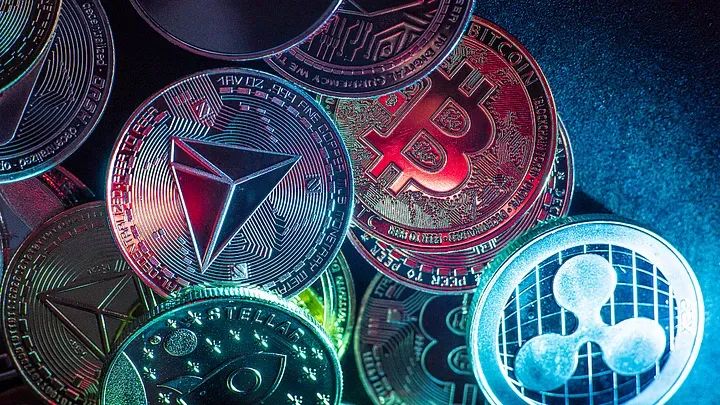
What Is The Difference Between Fungible And Non-Fungible Tokens?
Nov 26,2024 at 01:04pm
Fungible vs. Non-Fungible Tokens: A Comprehensive GuideIn the realm of blockchain technology, the concept of tokens lies at the core of many applications. Tokens represent digital assets that can be used to facilitate transactions, store value, or represent ownership. However, there exists a fundamental distinction between two types of tokens: fungible ...
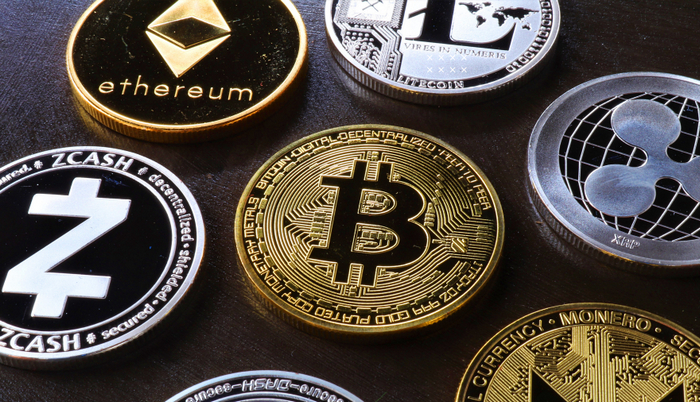
What is a Public Key Infrastructure?
Nov 23,2024 at 12:30am
What is a Public Key Infrastructure?IntroductionA Public Key Infrastructure (PKI) is a framework that enables secure communication over a network by managing digital certificates and public-key cryptography. PKI plays a crucial role in various blockchain applications, ensuring data integrity, authentication, and non-repudiation.Components of a PKIA PKI ...
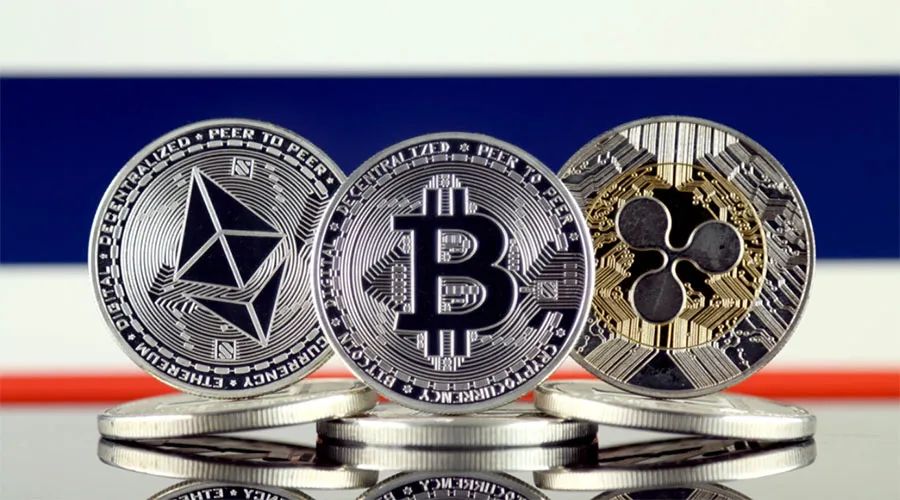
What is MEV (Miner Extractable Value)?
Nov 22,2024 at 06:22pm
What is Miner Extractable Value (MEV)?Introduction:Miner Extractable Value (MEV) is a term used to describe the profit that miners can make by manipulating the order of transactions in a block. This manipulation is possible because miners have the ability to choose the order in which transactions are included in a block, and they can use this power to f...
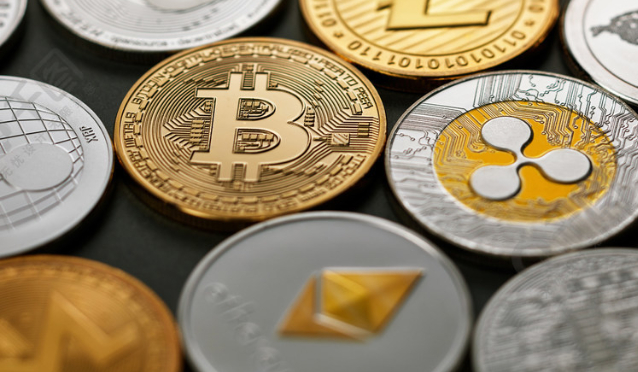
What is a Genesis Block?
Nov 24,2024 at 09:10pm
Decoding the Genesis Block: The Birth of BlockchainIntroductionThe Genesis block stands as the inaugural chapter in the blockchain saga, igniting the spark that revolutionized the world of finance and technology. This foundational block holds immense significance, embodying the inception of immutable ledgers, decentralized networks, and the transformati...
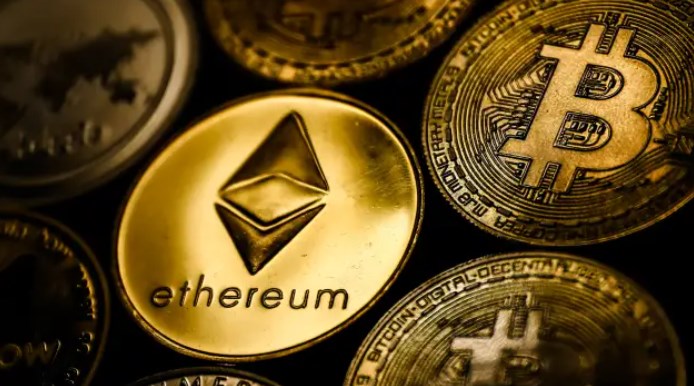
What Is an NFT Game?
Nov 26,2024 at 07:05am
What Is an NFT Game?Non-fungible tokens (NFTs) have taken the digital world by storm, empowering creators, collectors, and enthusiasts alike to own and trade unique digital assets. The integration of NFTs into the gaming industry has given rise to a captivating new realm known as NFT games, where players can not only enjoy immersive experiences but also...
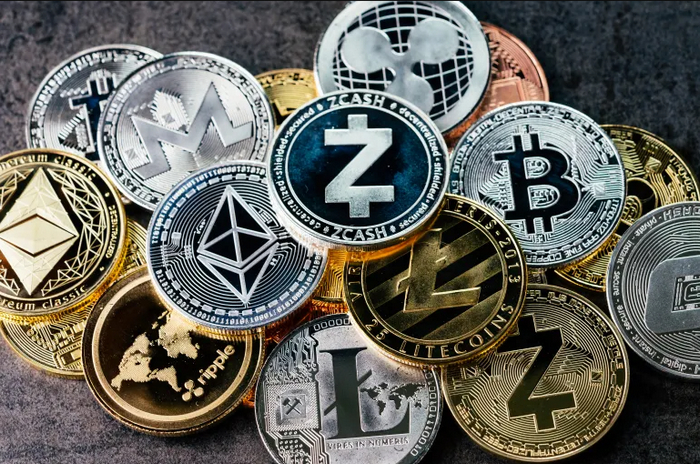
What Is an NFT Marketplace?
Nov 22,2024 at 07:43pm
What Is an NFT Marketplace?An NFT marketplace is a platform that facilitates the buying, selling, and trading of non-fungible tokens (NFTs). NFTs are unique digital assets that represent ownership of a specific item, such as a piece of art, music, video, or other collectible. NFT marketplaces allow users to create, list, and purchase NFTs, with transact...

What Is The Difference Between Fungible And Non-Fungible Tokens?
Nov 26,2024 at 01:04pm
Fungible vs. Non-Fungible Tokens: A Comprehensive GuideIn the realm of blockchain technology, the concept of tokens lies at the core of many applications. Tokens represent digital assets that can be used to facilitate transactions, store value, or represent ownership. However, there exists a fundamental distinction between two types of tokens: fungible ...

What is a Public Key Infrastructure?
Nov 23,2024 at 12:30am
What is a Public Key Infrastructure?IntroductionA Public Key Infrastructure (PKI) is a framework that enables secure communication over a network by managing digital certificates and public-key cryptography. PKI plays a crucial role in various blockchain applications, ensuring data integrity, authentication, and non-repudiation.Components of a PKIA PKI ...

What is MEV (Miner Extractable Value)?
Nov 22,2024 at 06:22pm
What is Miner Extractable Value (MEV)?Introduction:Miner Extractable Value (MEV) is a term used to describe the profit that miners can make by manipulating the order of transactions in a block. This manipulation is possible because miners have the ability to choose the order in which transactions are included in a block, and they can use this power to f...

What is a Genesis Block?
Nov 24,2024 at 09:10pm
Decoding the Genesis Block: The Birth of BlockchainIntroductionThe Genesis block stands as the inaugural chapter in the blockchain saga, igniting the spark that revolutionized the world of finance and technology. This foundational block holds immense significance, embodying the inception of immutable ledgers, decentralized networks, and the transformati...

What Is an NFT Game?
Nov 26,2024 at 07:05am
What Is an NFT Game?Non-fungible tokens (NFTs) have taken the digital world by storm, empowering creators, collectors, and enthusiasts alike to own and trade unique digital assets. The integration of NFTs into the gaming industry has given rise to a captivating new realm known as NFT games, where players can not only enjoy immersive experiences but also...

What Is an NFT Marketplace?
Nov 22,2024 at 07:43pm
What Is an NFT Marketplace?An NFT marketplace is a platform that facilitates the buying, selling, and trading of non-fungible tokens (NFTs). NFTs are unique digital assets that represent ownership of a specific item, such as a piece of art, music, video, or other collectible. NFT marketplaces allow users to create, list, and purchase NFTs, with transact...
See all articles






































